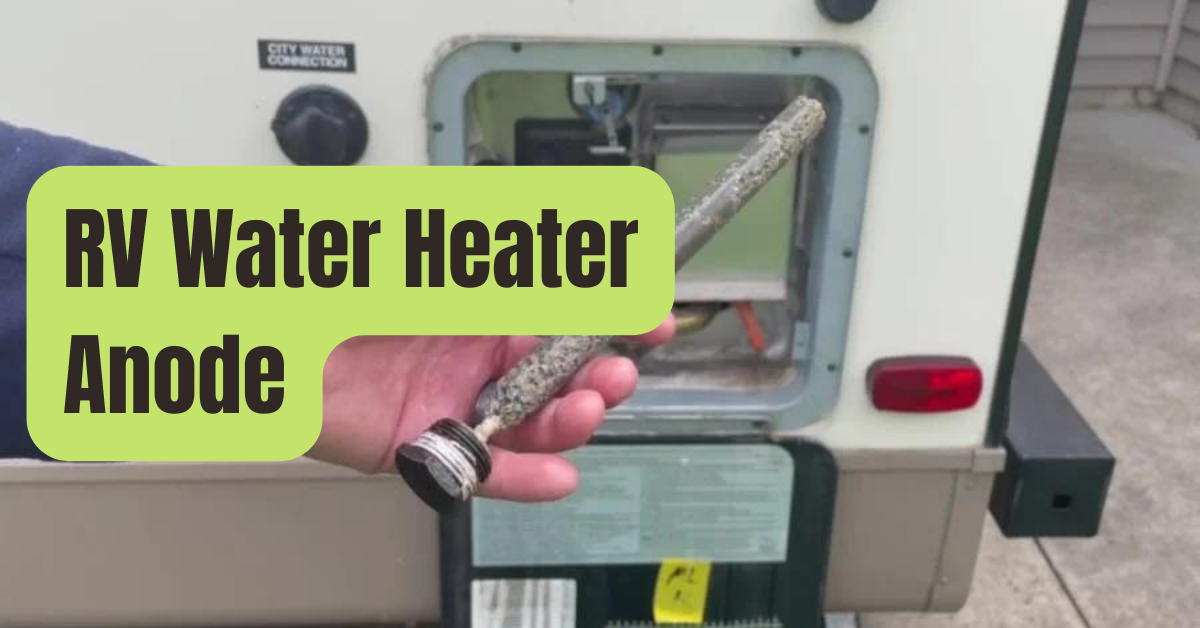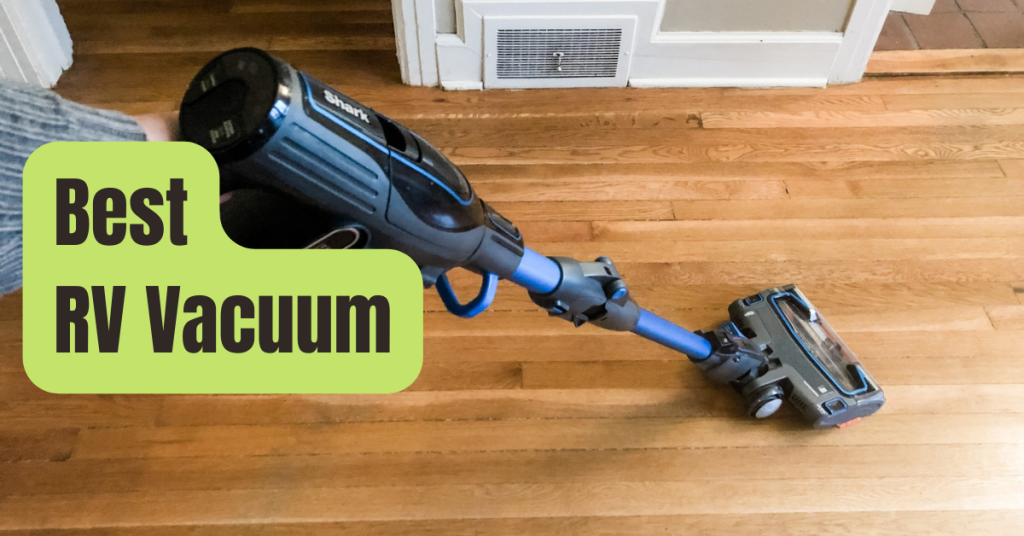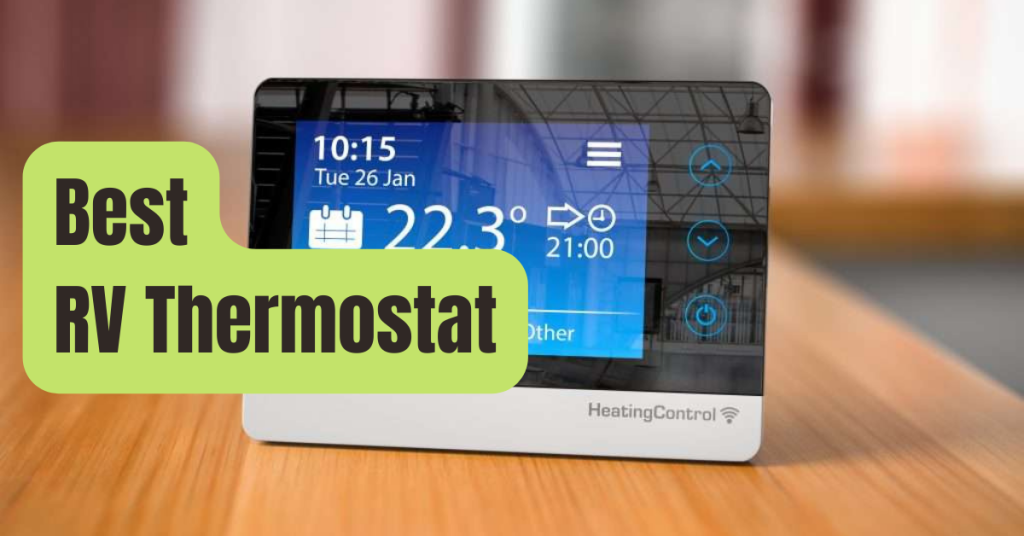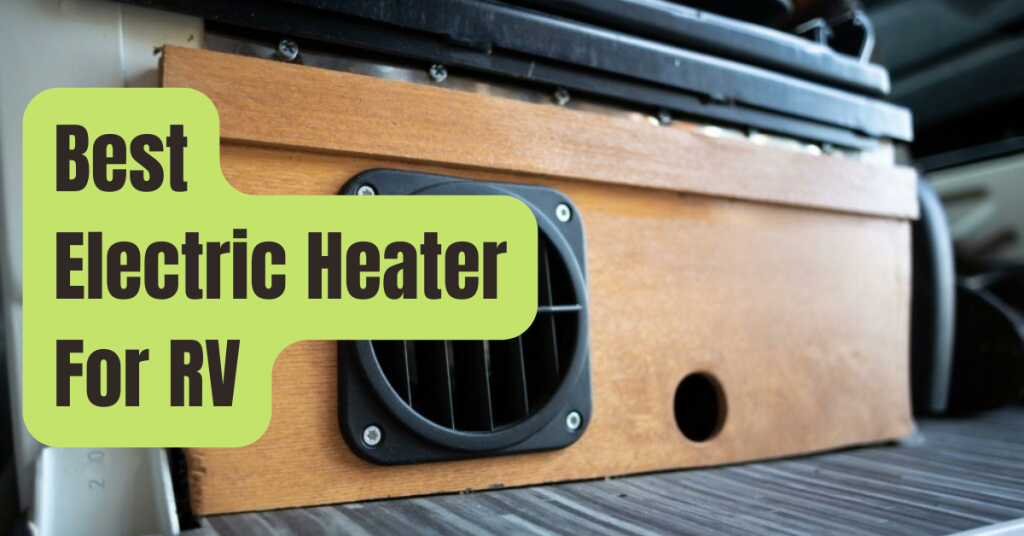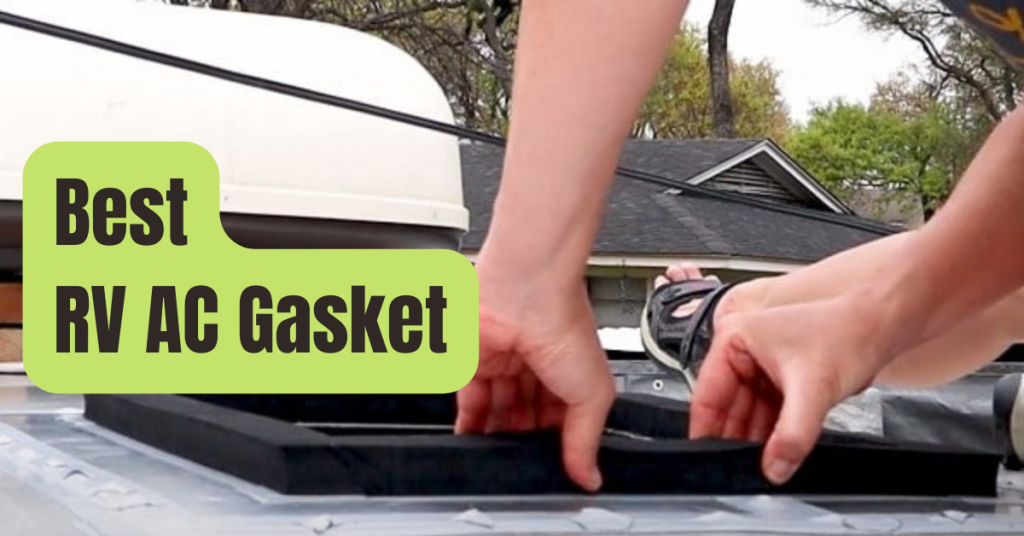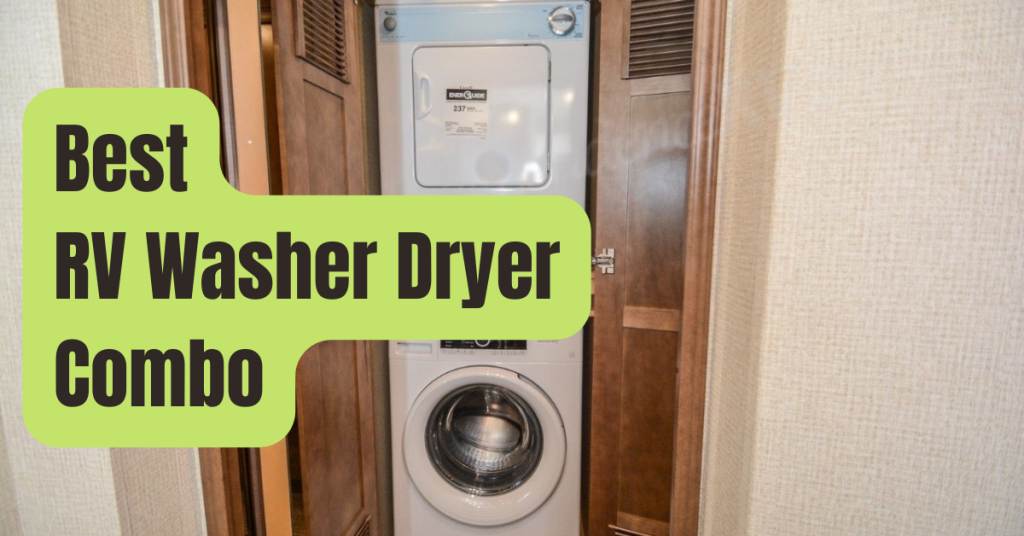It’s convenient to have hot water in your RV, whether you’re cleaning the dishes or taking a shower.
You probably want to do all in your power to avoid taking this significant financial blow.
Therefore, today’s topic is how an RV water heater anode rod may save you money by preventing an expensive repair.
Let’s get going!
What Performs an Anode Rod in a Water Heater?
Sediment and other corrosive substances that enter your water heater are drawn to an anode rod.
The anode rod makes the ultimate sacrifice to prolong the life of your water heater and prevent corrosion.
The magnesium anode rod loses electrons into the water when the elements attack it.
The anode rod eventually degrades as a result of these electrons’ ability to stop corrosion in the tank.
You may improve the likelihood that your anode rod will need to be replaced before your water heater is damaged by examining it often.
How Often Should Your RV Anode Rod Be Checked?
The anode rod in your RV has to be inspected at least twice a year.
This is also an excellent opportunity to examine the anode rod as you should fully empty out your water heater tank before winterizing your RV.
However, you should winterize your RV every six months if you reside in a place where it is not necessary.

What Are the Signs That My RV Anode Rod Is Bad?
Anode rod replacement is a common error made by RVers.
Depending on how you use your RV, these rods may last up to three years.
A shorter lifetime than if you just use your RV sometimes is expected if you travel in it full-time.
If more than 75% of the rod has disintegrated, your RV anode is defective.
If it has, you should change it.
If not, calculate how much is left and, if it’s getting close to the end of its useful life, order a replacement.

Remember: Regular maintenance is necessary to guarantee that your RV is a pleasant place to live.
Here are 5 simple yearly RV maintenance duties.
How to Change the Anode Rod in Your RV Water Heater
Find your water heater door so that you may replace the anode rod.
It’s normally a black metal door on the side of your RV, and your RV dealer ought to have made sure you knew about it when you made the purchase.
Find a hexagonal bolt by opening the door.
You may quickly take out, inspect, and replace the anode rod by unscrewing this hexagonal bolt.
But be careful not to overestimate yourself.
Turn off the water heater and the water supply before removing the hexagonal bolt, and release the pressure in the water lines.
Locate the pressure release valve on the tank once the water has had time to cool.
Scalding water might fly out when you release the bolt if you don’t let the water to cool down or alleviate the strain.
Pull the anode rod out after loosening the bolt.
If required, replace the rod and give your water heater a thorough flush.
To stop further leaks, it is a good idea to put plumbers tape around the threads of your anode rod.
A snug fit should be achieved while tightening the anode rod; nevertheless, avoid overtightening it.

RV Anode Rods: Are They Standard Size?
The size of RV anode rods is normally uniform.
They typically measure 9.25″ long, have 34″ threads, and need a 1-1/16″ socket.
However, it’s advisable to check with the manufacturer to clarify any particular about your water heater.
Purchase of a New Anode Rod
A replacement anode rod for your RV is available online or at a lot of retail RV and camping establishments.
RV water heater anode rods may be purchased from stores including Camping World, Gander Mountain, Home Depot, and Lowes.
RV Anode Rods Needn’t Be Difficult
Maintaining your anode rod is a simple way to safeguard your water heater.
It’s crucial to have a few tools and an extra anode rod on available just in case.
The most crucial thing to keep in mind is to switch off the water heater before unscrewing the hexagonal bolt so that the water can cool and the pressure may be released.
Serious harm might happen if you don’t.
Have you recently replaced your anode rod?

